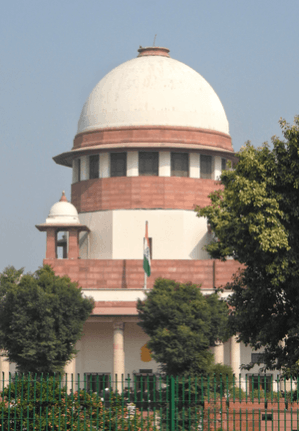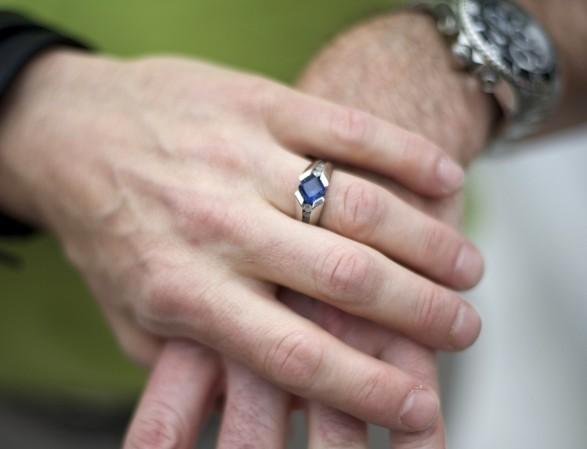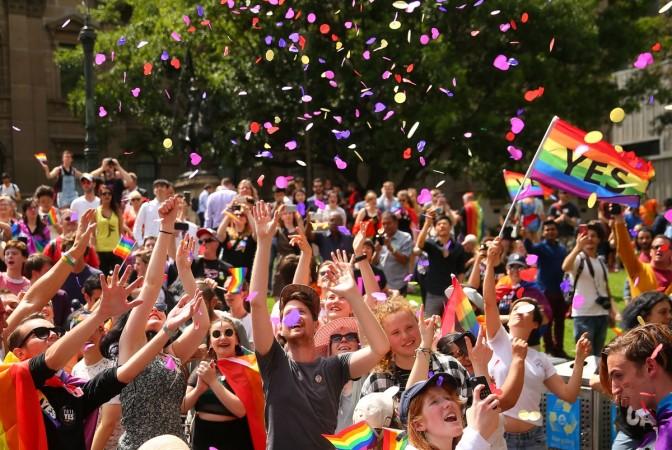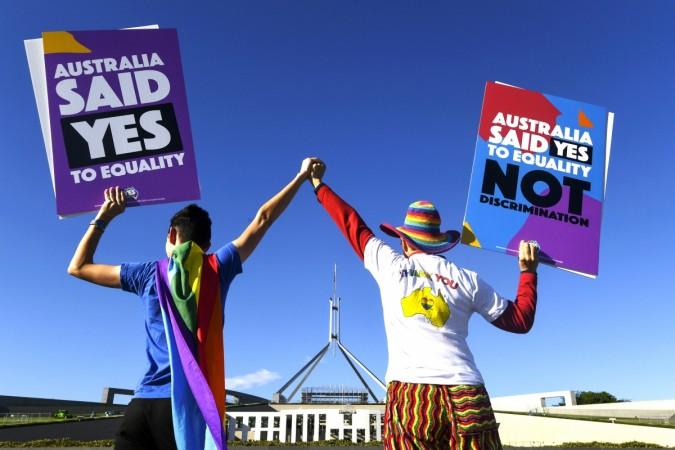
In a significant development, petitioners advocating for marriage equality rights have requested an open court hearing for the review petitions filed against the Supreme Court Constitution Bench's ruling. The ruling had previously refused to grant any legal recognition to same-sex and queer couples. The matter was brought to the attention of a bench headed by Chief Justice D.Y. Chandrachud by senior advocate NK Kaul, who represented the review petitioners.
The senior counsel proposed that the review pleas, scheduled for hearing on July 10, should be decided in an open court. This request was met with a response from CJI Chandrachud, who noted that review pleas are typically decided in chambers. The Constitution Bench, which also includes Justices Sanjiv Khanna, Hima Kohli, BV Nagarathna, and PS Narasimha, will decide on the question of an open court hearing after examining the contents of the review pleas.
Review petitions are generally tested on very narrow grounds, such as mistakes of law or errors apparent on the record. They are often dismissed in chambers and are rarely given open court hearings. This practice is in line with the judicial tradition of maintaining the integrity of the court's decisions and limiting the scope for endless litigation.

The review petition, filed under Article 137 of the Constitution, challenges the decision rendered on October 17 last year. The petitioners argue that the judgment is self-contradictory and manifestly unjust. They contend that the majority judgment is facially erroneous because it acknowledges that the government is violating the petitioners' fundamental rights through discrimination, yet fails to enjoin the discrimination.
In its verdict delivered on October 17, 2023, a 5-judge bench headed by CJI D.Y. Chandrachud had declined to strike down or read into gender-neutral person in place of male and female existing under the Special Marriage Act. The top court of the country had left it to the legislature to take a call on enacting the marriage equality law. All five judges of the Constitution Bench had unanimously agreed that there exists no unqualified right to marriage and accepted the Centre's proposal that a committee to be headed by the Cabinet Secretary will be set up to examine what administrative steps could be taken to address basic social benefit concerns relating to same-sex couples.
However, the court had asked the Union and state governments to ensure that the LGBTQ+ community is not discriminated against on the basis of their sexual orientation and queer individuals are not refused access to any goods or services. This directive, while not granting the full rights sought by the petitioners, does provide some protection against discrimination for the LGBTQ+ community.

The review petitioners also argue that the majority opinion has made a crucial factual error by holding that the Special Marriage Act (SMA) is limited to couples "belonging to different faiths." The SMA is open to all couples who do not wish to avail of their respective personal laws in order to get married, the petitioners argue.
The petitioners' demand for an open court hearing is a significant step in the ongoing struggle for marriage equality in India. It reflects the growing recognition of the need for greater transparency and public scrutiny in the judicial process, particularly in cases involving fundamental rights and societal norms. The outcome of this request could set a precedent for future cases involving contentious social issues.
The Supreme Court's decision on this matter will be closely watched, not just by the LGBTQ+ community and their advocates, but also by legal scholars and human rights activists. It will be a test of the court's commitment to upholding the principles of transparency, fairness, and justice in its proceedings. It will also have significant implications for the ongoing debate on marriage equality and the broader struggle for LGBTQ+ rights in India.

The Supreme Court's decision to consider an open court hearing for the review petitions on same-sex marriage is a significant development in the ongoing struggle for marriage equality in India. The outcome of this request could set a precedent for future cases involving contentious social issues and will be closely watched by legal scholars, human rights activists, and the LGBTQ+ community. The decision will also have significant implications for the ongoing debate on marriage equality and the broader struggle for LGBTQ+ rights in India.

















